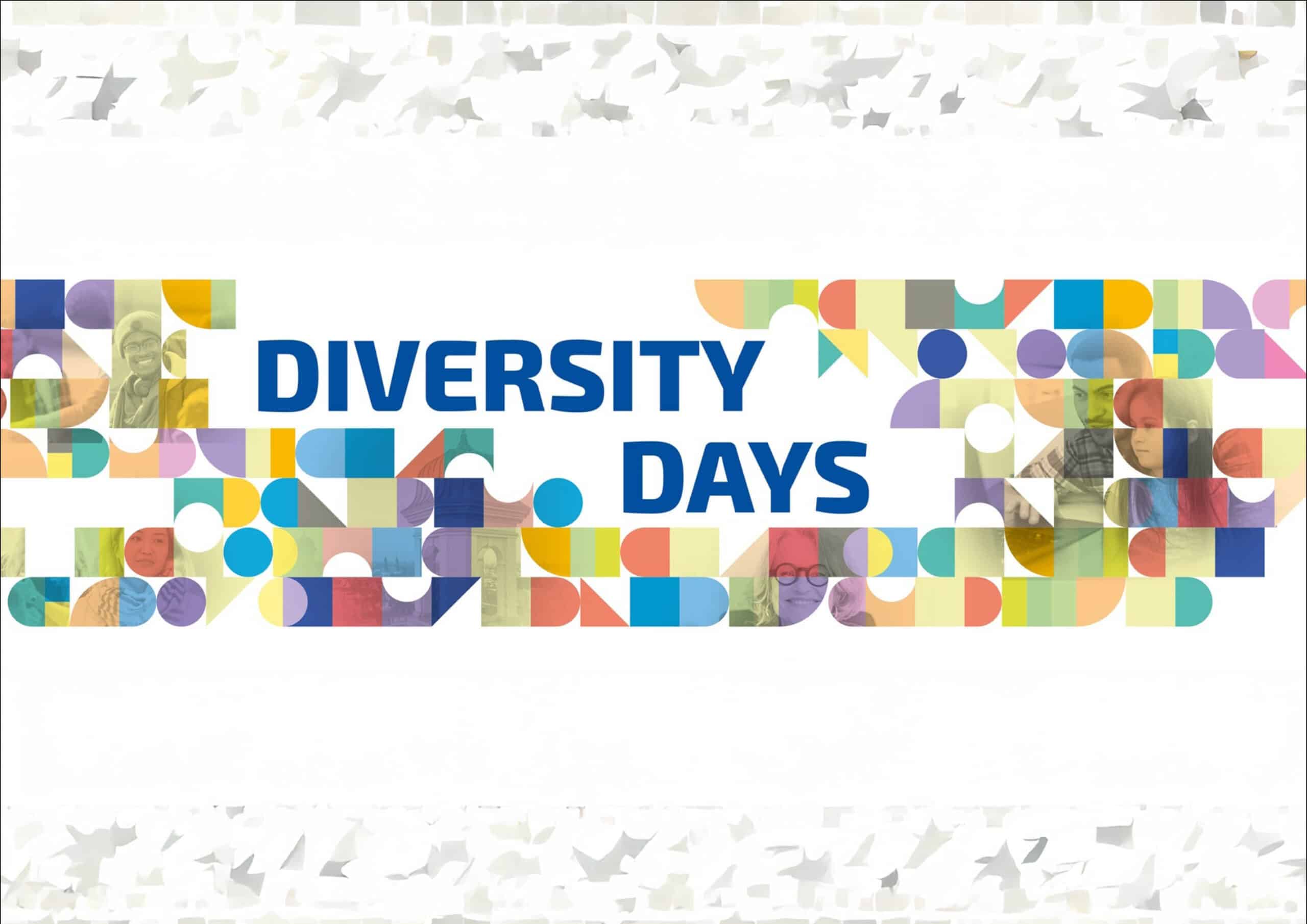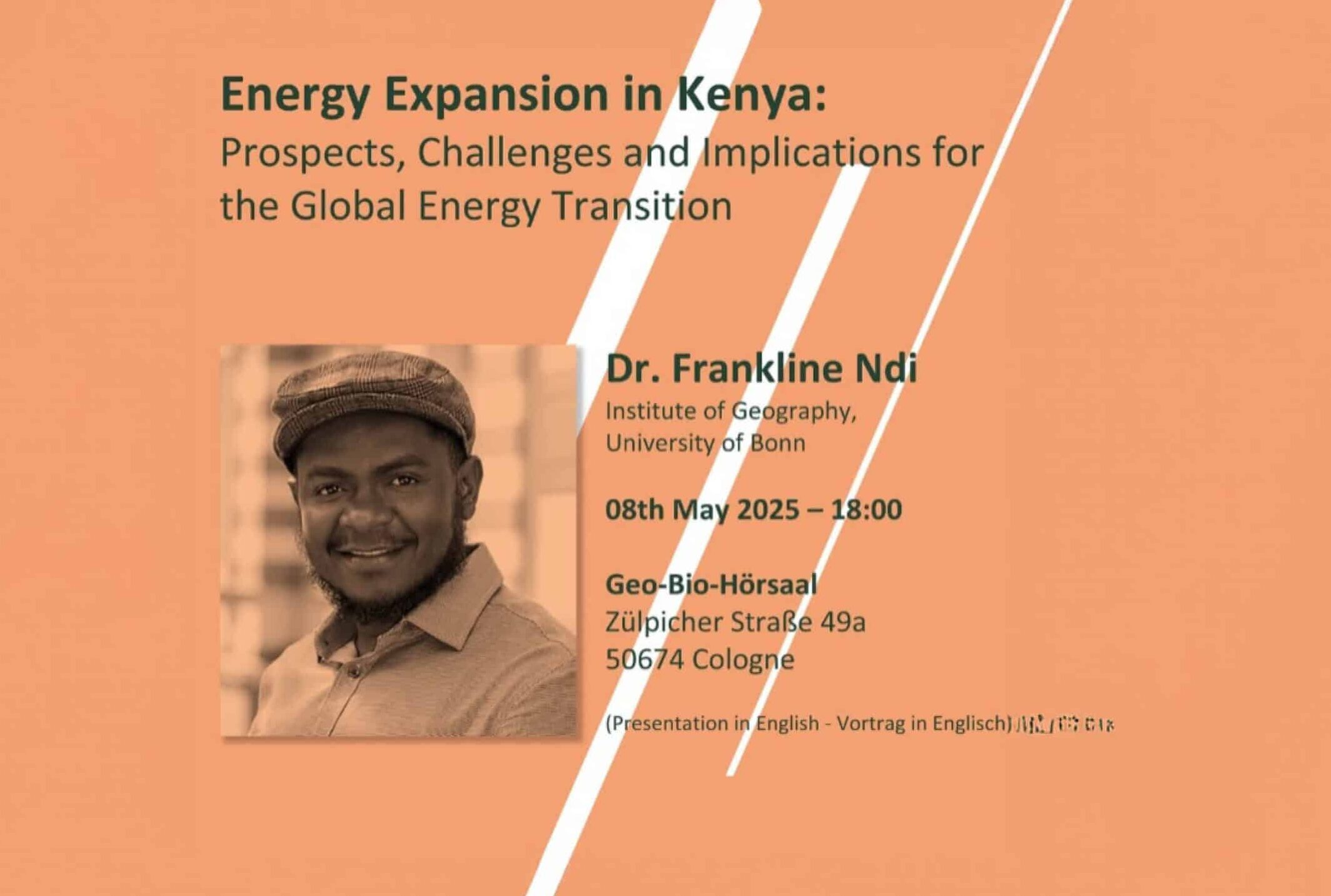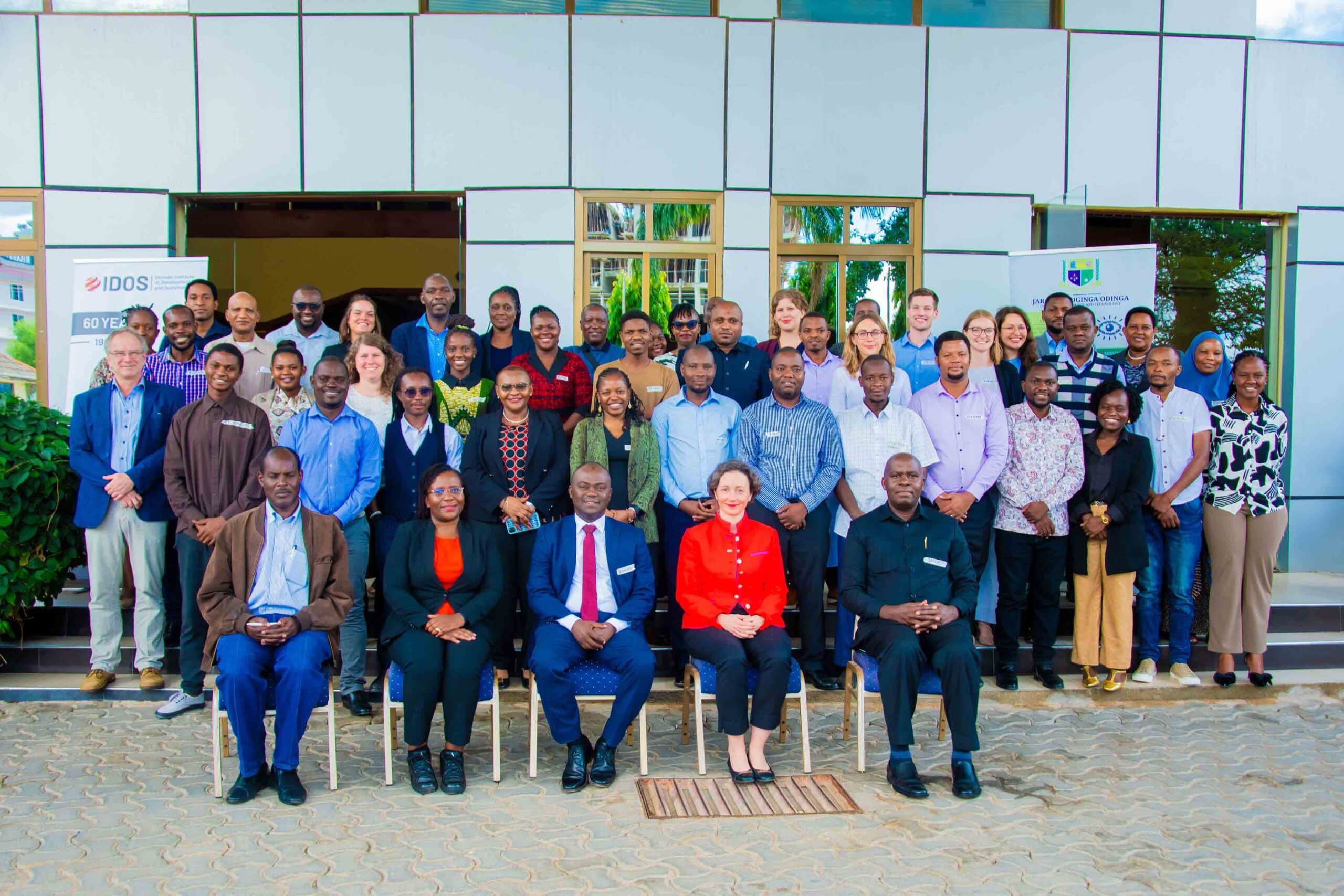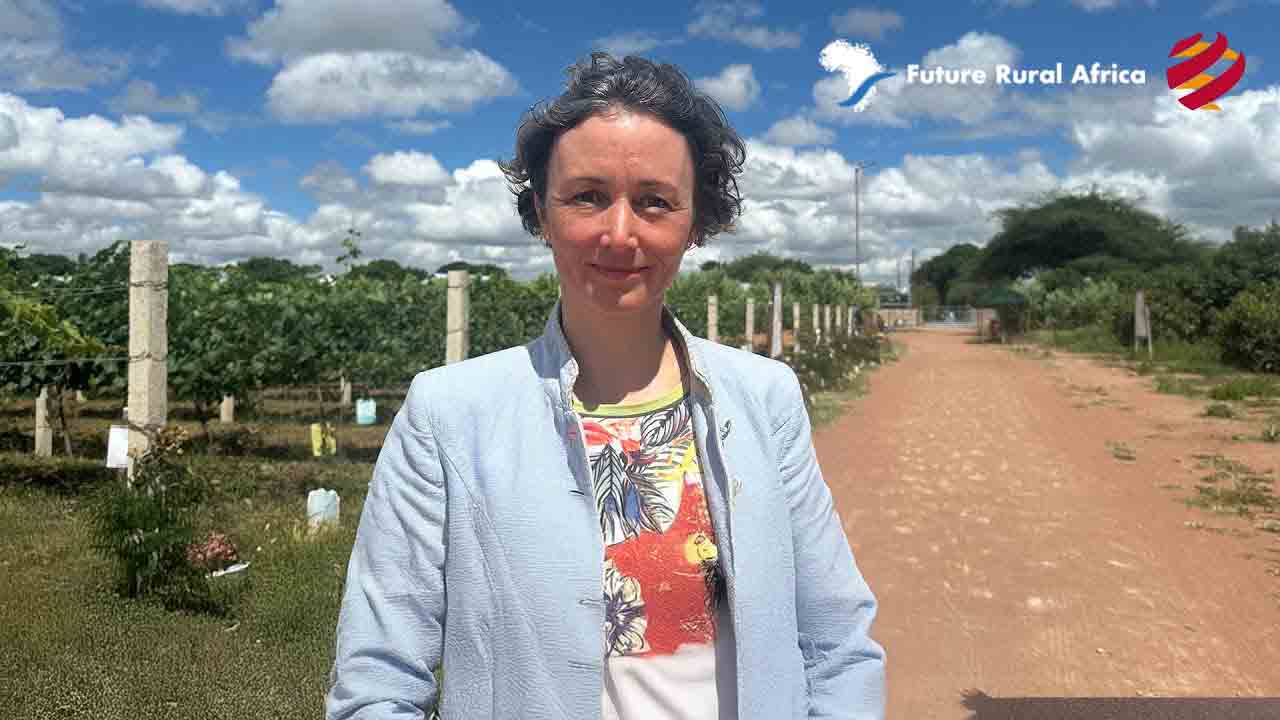CRC’s spokesperson, Detlef Müller-Mahn would like to draw your attention to an interesting new book on the Politics of Uncertainty, an issue which comes close to the interests of “Future Rural Africa” CRC project, and which is of course extremely relevant in the present situation. The book was edited by Ian Scoones and Andy Stirling at the STEPS Centre of the University of Sussex, UK. The contributions cover a wide range of topics, including financial futures, knowledge politics, risk management, humanitarianism and emergencies, climate change, mobility, and (of course) disease outbreaks. There is also a contribution by Detlef Müller-Mahn. The publication comes as a very timely contribution to understand uncertainty as a challenge of transformation. The book is now out open access via the link below. It can also be bought in paperback and hardback. Through this link. More information can be found under the website and blog of the STEPS Centre.
Read the abstract provided below.
Why is uncertainty so important to politics today? To explore the underlying reasons, issues and challenges, this book’s chapters address finance and banking, insurance, technology regulation, and critical infrastructures, as well as climate change, infectious disease responses, natural disasters, migration, crime and security, and spirituality and religion.
The book argues that uncertainties must be understood as complex constructions of knowledge, materiality, experience, embodiment, and practice. Examining in particular how uncertainties are experienced in contexts of marginalisation and precarity, this book shows how sustainability and development are not just technical issues, but depend deeply on political values and choices. What burgeoning uncertainties require lies less in escalating efforts at control, but more in a new – more collective, mutualistic and convivial – politics of responsibility and care. If hopes of much-needed progressive transformation are to be realised, then currently blinkered understandings of uncertainty need to be met with renewed democratic struggle.
Written in an accessible style and illustrated by multiple case studies from across the world, this book will appeal to a wide cross-disciplinary audience in fields ranging from economics to law to science studies to sociology to anthropology and geography, as well as professionals working in risk management, disaster risk reduction, emergencies, and wider public policy fields.






